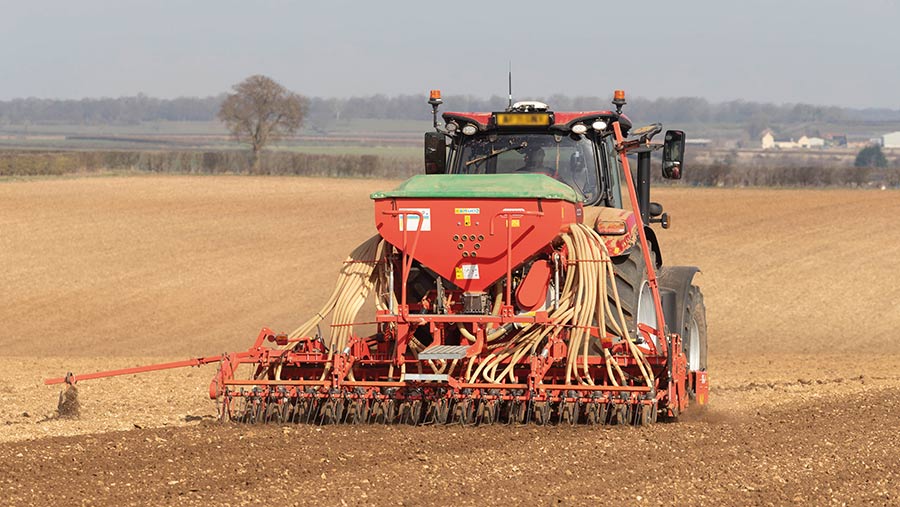Editor’s View: Not all can survive in post-subsidy world
 © Tim Scrivener
© Tim Scrivener It’s been the world’s longest incubation period, but the first egg in Defra’s nest of future farm policies has finally hatched.
Applications for the entry-level Sustainable Farming Incentive (SFI) opened a few weeks ago and reports indicate that some farmers in England are already looking to tempt this odd-looking bird onto their land, with many more giving it consideration.
See also: Editor’s view: We’re better off if we collaborate in a crisis
SFI interest
First the good news for policymakers: Results released this week from a study commissioned exclusively for Farmers Weekly’s Transition project reveal that fully two-thirds of farmers are potentially interested in joining the SFI.
That is a mere flutter away from the participation target Defra has set itself to attain by 2028 – to have 70% of farms in any Environmental Land Management scheme.
That figure is significantly higher than many commentators have been expecting to see amid much grumbling that the payment rates are too low and that the drip-feed of scheme information is insufficient for decision-making.
Of course, an intention is one thing; actually doing it is quite different.
Satisfaction with government
Now the bad news: Just 10% of farmers in England are happy with the government’s long-term vision for farming, edging up from 7% last year.
For farmers in the UK as a whole, 81% are not happy with their respective governments’ long-term vision for farming.
This suggests that many farm business owners are considering participating in future environmental schemes through gritted teeth.
Those who are doing many of the actions required for the soil or arable module will be hoping to claw back some costs.
Others may, with dwindling hope, be wondering if there is a small profit motive that will tempt them to take part. George Eustice did promise one, but cost inflation is likely to have eroded that.
Unhappiness abounds in England because more than half of business owners feel it will be difficult to replace the Basic Payment Scheme as it withers away in the coming years, and one-quarter have not yet started preparing for life without it.
The latter statistic is particularly alarming, but I suspect in some cases it is simply because they know they cannot replace it without drastically changing their way of life.
Transition Farmers
I’m very pleased that Transition has returned for a second year and hope this extra layer of in-depth advice will serve as a valuable resource while many of you consider the path ahead.
Here at Farmers Weekly we value our relationship with every reader and want nothing more than to celebrate an industry that confidently tackles each challenge thrown at it.
Yet the challenge of these changes is enormous and government, having made a political choice to end direct support – which our survey respondents say makes up one-third of their income on average – should be clear that not all can survive without it.
The arguments for and against subsidies are well rehearsed and I will not go into them here, except to acknowledge there definitely will be winners as well as losers.
We will continue to highlight the many fantastic ways in which farmers are adapting to survive and thrive with productivity gains, new technology and alternative income streams.
But for others the coming years will likely mean reflecting on the fact that it may be time to retire or seek other forms of income altogether.
It is not the task of any individual farm business to feed the world at any cost. Making a positive decision to leave with your head held high is not defeat. Not having a plan is.

